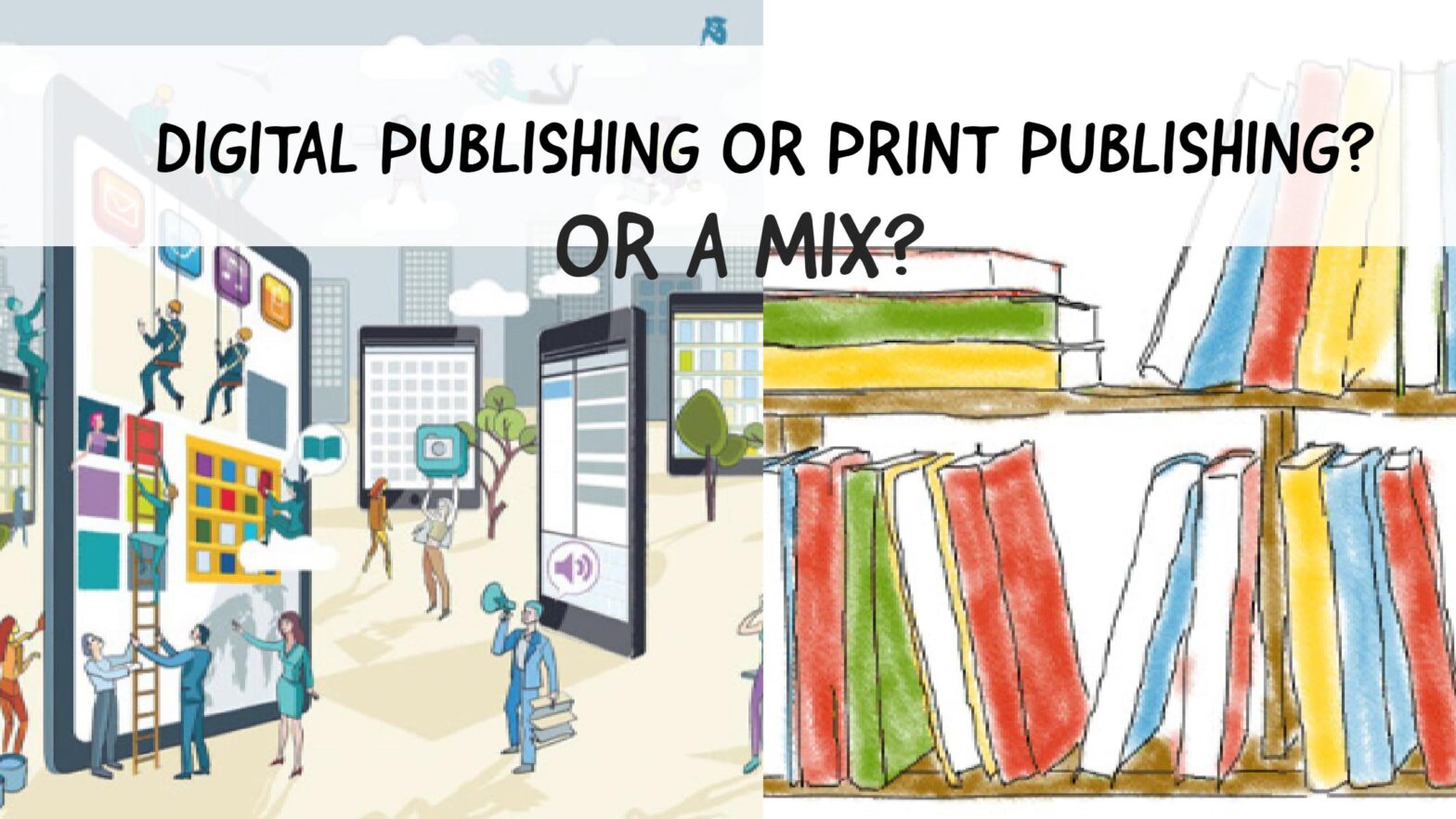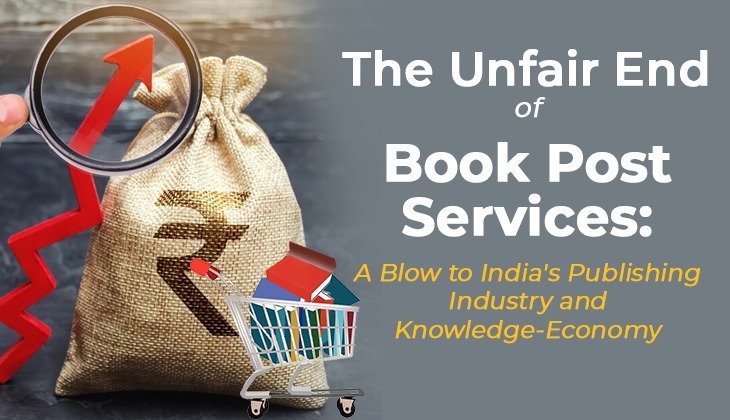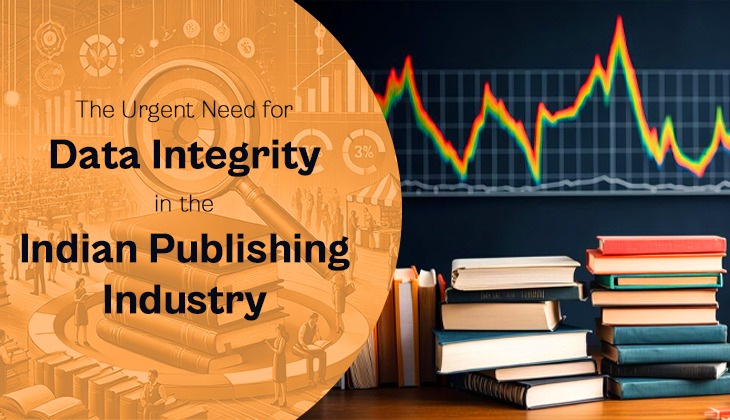“Digital publishing vs print publishing – what’s your take, Pranav?” This is a question someone asked me at a get-together recently.
After an hour long debate, I thought I must pen down and share my thoughts about the same. So here I am…
I have been associated with the print publishing business for decades now, and know the industry and its loopholes fairly well. I have also seen many changes in this industry over these years, and I’m sure there’s a lot more to come.
Digital is the need of the hour and there’s no way you can ignore this medium. It’s spreading like fire. Though various industries are taking the digital route for more professional success, we can’t really benefit out of it.
While I hear many people say that “print will die”, I want them to explain to me how. Does reading on tablets give one the same experience as books? What about the avid readers who simply love their books? The questions are plenty.
Come to think of it, each form of publishing has its own strengths and weaknesses. Listing few below:
- It’s said that print journals have a long shelf life but online literary journal archives are accessible to the public via the Web, often indefinitely, which means your old short story stays viable.
- The feeling of seeing your book in print is great — a one-of-a-kind experience. At the same time, seeing your online book being purchased by a significant number of additional readers because it is an e-book instead of a print book, also feels great.
- There are several new high-quality online publishers now who introduce us to exciting new writers that break the mold. But print has an established reputation as being of higher quality.
And I could go on and on with these pros and cons.
“The mix is the future” is my take on the whole debate. By having a mix of online and print publications, you get the best of both worlds.
In fact, mixing up digital and print is a smart business model. Major and minor book publishers are releasing new titles as both digital and print works.
Writers should have a balanced collection of online and print publications, as literary agents and editors look at both your print as well as digital success. Your author website bio doesn’t link to any published examples of your published work—which is a turnoff for readers who are going to your site because they want to get to know you and read your published work.
Though I can go on with this topic, I would rather end it here so you could go and finish that book you were reading (printed or online). If you have any questions or comments, feel free to share with me.



